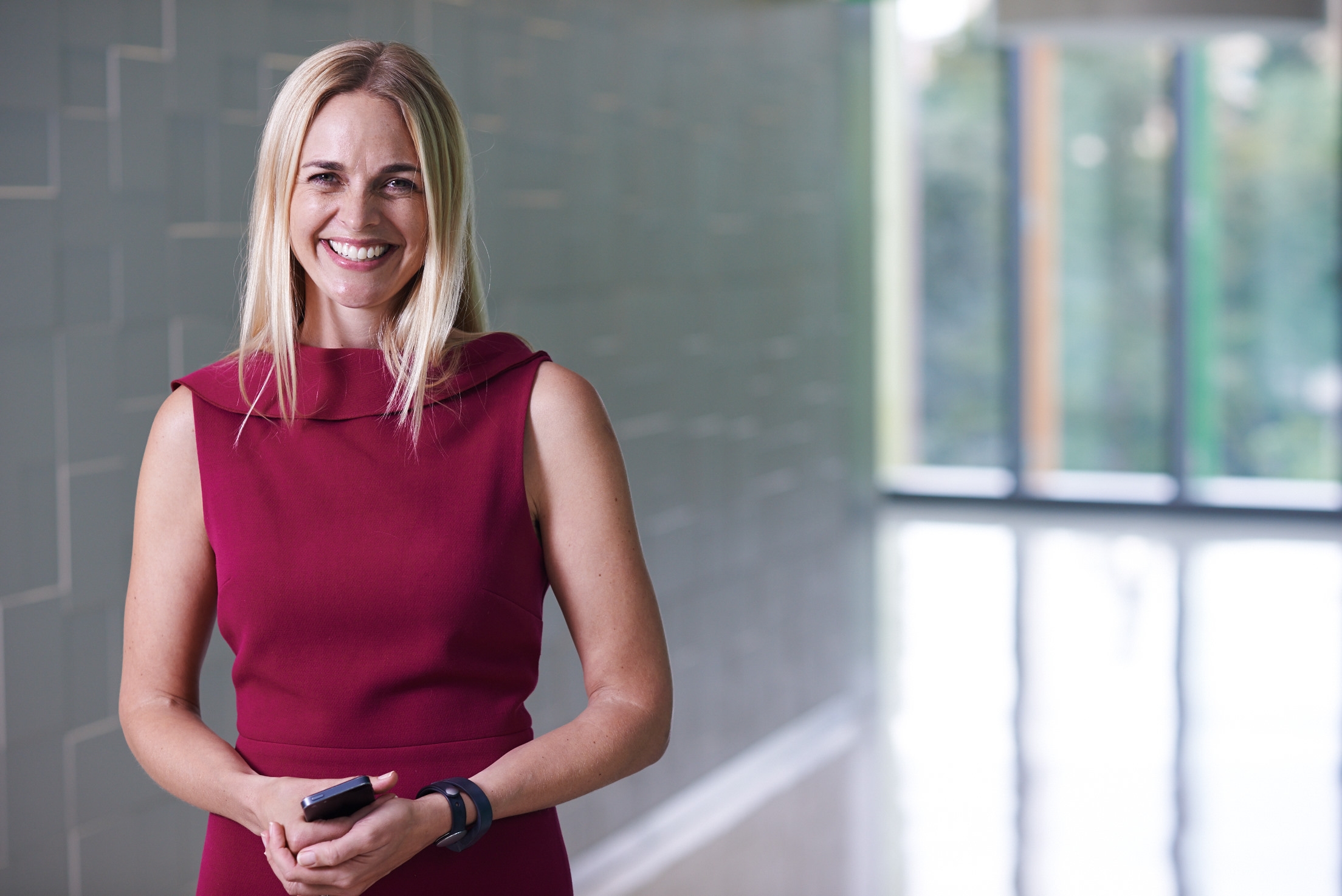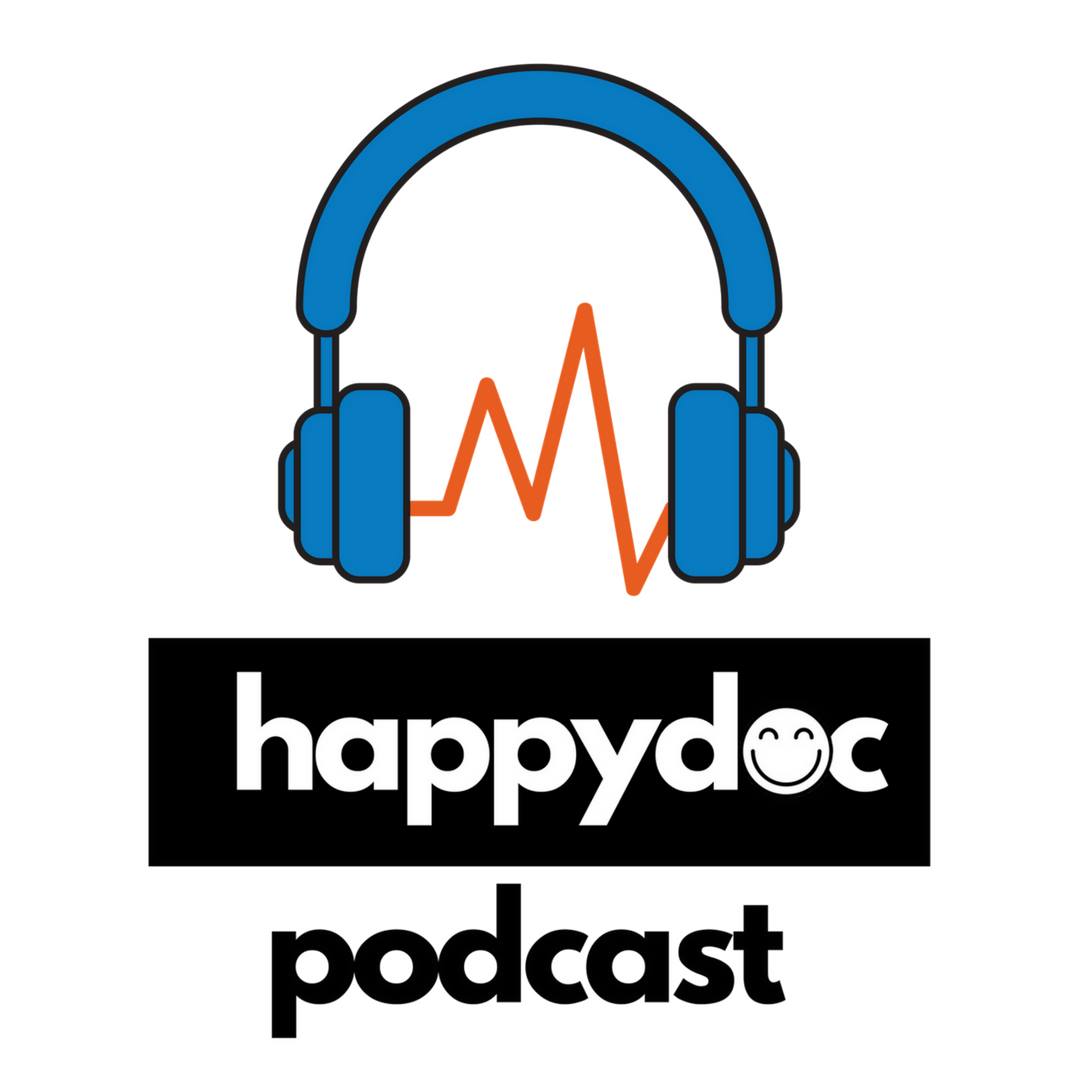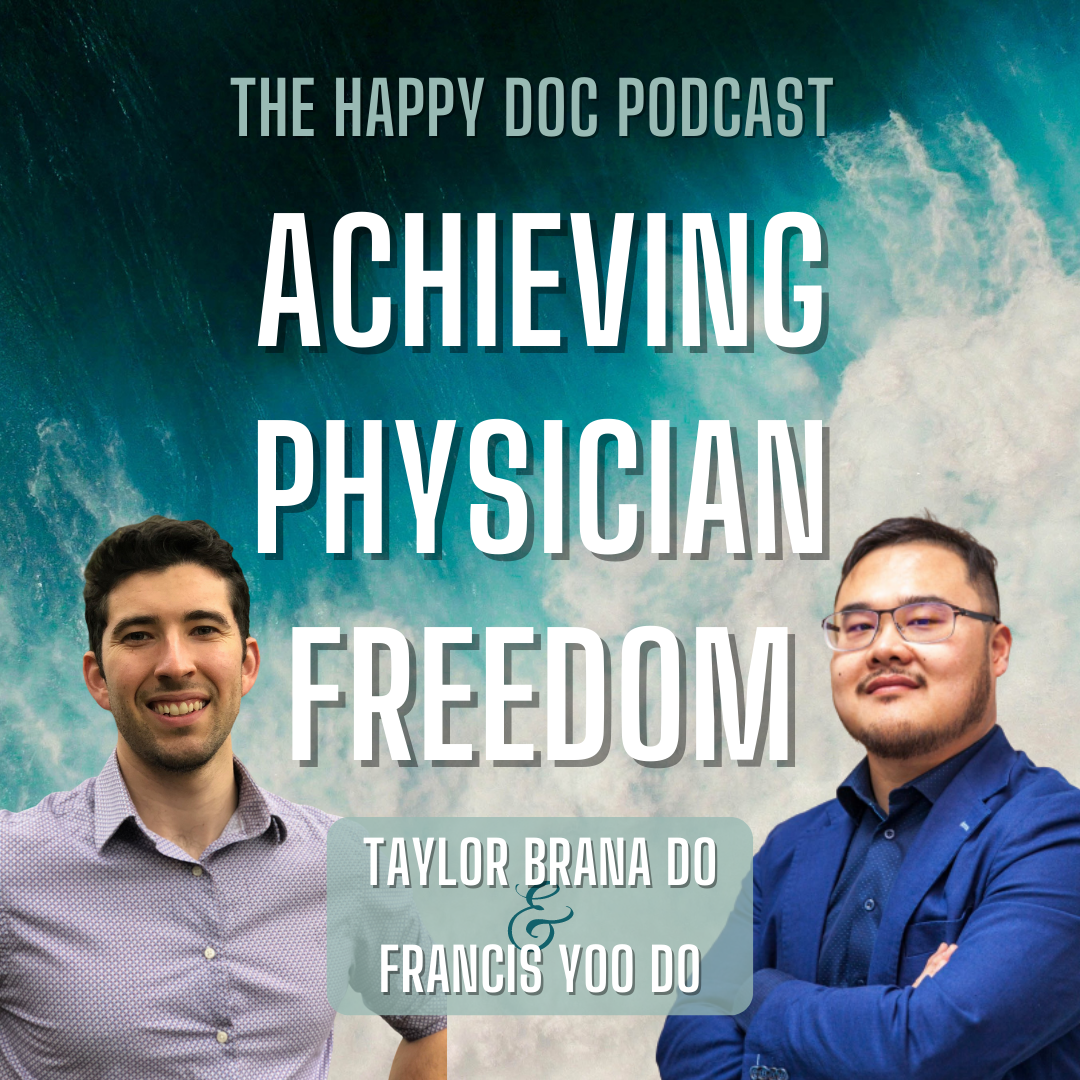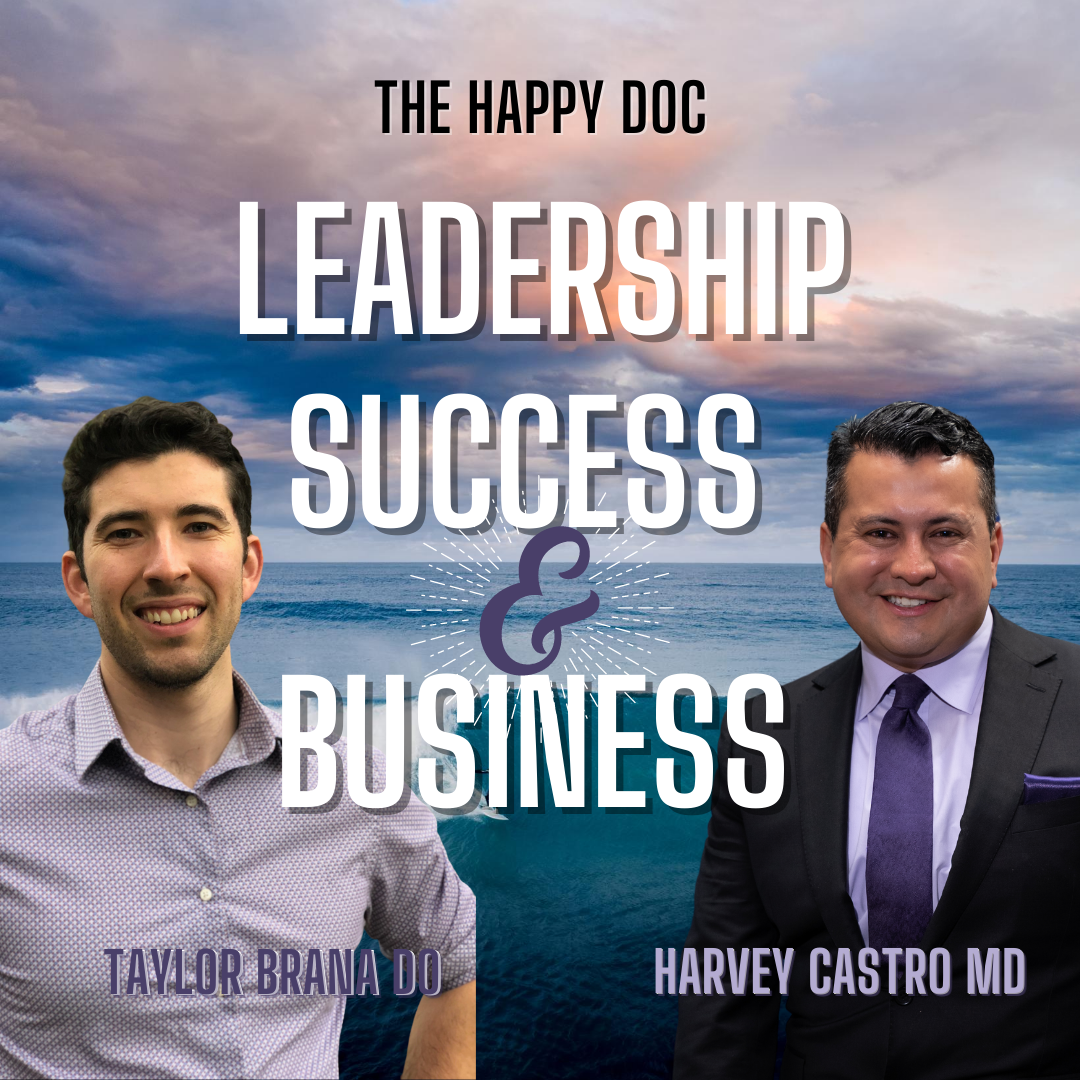What I am enslaved by is what everyone else expects…

Enhancing your Digital Fingerprint with Seattle Mama Doc | Dr. Wendy Sue Swanson
[podcast src=”https://html5-player.libsyn.com/embed/episode/id/5500187/height/90/width/450/theme/custom/autonext/no/thumbnail/yes/autoplay/no/preload/no/no_addthis/no/direction/forward/render-playlist/no/custom-color/88AA3C/” height=”90″ width=”450″]
There’s risk of being disconnected, there’s risk of not actually getting ideas out to the world, and good grief we get one shot at this life time. Not harnessing the tools of technology right now to amplify what you learn or what your mentors have taught you, and what your education is giving you, is a huge mistake.
Introduction
For this week’s podcast we are excited to feature Dr. Wendy Sue Swanson (twitter:@SeattleMamaDoc). Dr. Swanson fulfills many roles in addition to being a pediatric physician. She is the Chief of Digital Innovation at Seattle Children’s Hospital, author of the Seattle Mama Doc blog, labeled one of Time Magazine’s Best Twitter Feeds of 2013, and even appears on television regularly providing medical information on Seattle’s King5 news.
We discuss a broad area of topics within this podcast such as: Dr. Swanson implementing social media and digital media in her practice to aid in patient education, purchasing shoes on instagram and the removal of “friction” within business, how she takes care of herself when she is stressed, and much more. She explains how she created a new position in her hospital which helped her become a leader in her community, and how we can take responsibility in our life and profession without ‘breaking the rules’ of the system.
Let’s learn from this amazing next guest, Dr. Wendy Sue Swanson and don’t forget to check out Dr. Swanson’s blog, Seattle Mama Doc, by clicking here!
***
Join The Happy Doc Team! Link in to the social media, subscribe to the podcast, and join the e-mail list on the sidebar!
***
Sample of the conversation:
Removing friction in healthcare
I think what’s so remarkable about that space [social media], is that the digital interface is right in the consumer space and completely taking friction out of it. So Starbucks for example, and this is data from over a year ago, but over 30% of their customers are using their app. And this is not a Starbucks advertisement, but if you’ve used the Starbucks app, what you find is that not only is there a kind of loyalty program built in where I can get a free salad every twelve coffees I get, but ultimately I can pre-order my coffees.
I’m walking towards the hospital, I can click on the latte, I walk over there, and it’s just sitting there for me. I upload with my fingerprint and basically it takes me away from the money. The friction from what takes time in the interface for me to actually consume is gone. So I think when I look at this from an ethical standpoint or public health standpoint, everything and anything we do in some ways, I think should it make it easier for us to get information to patients and families at the right time, and at the right place, that they deserve.
On creating Seattle Mama Doc and crafting a new position in her hospital
I didn’t let the system tell me how I was going to do [my job]…I basically wrote a purpose and goals document based on the strategies of what the hospital was saying were priorities and then fitting in what I thought could help…People are writing mommy blogs…And it was just like wait, moms are reading mommy blogs and they’re learning about vaccines there? Wait they’re not only learning about it from their pediatrician? Then I need to write a mommy blog, which is when I started writing Seattle Mama Doc…this isn’t a hobby, this is part of my job as a clinician, and a communicator, and a pediatrician.
The importance of the Digital Fingerprint
You know with medical students residents and trainees, we talk so much about making sure they’re making their digital footprint. Making sure, that what they’ve left behind, is careful and thoughtful and it’s professional, that it represents who they are in the professional sphere. But nobody really talks about.. not the footprint but the fingerprint.
The idea for me that I think, the reason you should be using social media and connecting online and putting your bio up (not only on LinkedIn but Doximity) and on any other profile that you possibly can, that it’s the beginning of you telling the world what you uniquely care about and what you’re good at. That ultimately it doesn’t matter if you’re a researcher or you’re an entrepreneur, or you’re a primary care doctor or you’re a cardiovascular surgeon, that people are going to look who you are online, and they’re going to make opinions about you before they even know you. And you can kind of start knowing your patients families and colleagues whatever it is by that fingerprint.
Everything you put online, is not to be so worried about, it’s just this profound opportunity, to say here’s what I’m learning about, here’s the unique quilt of where I did my undergrad, here’s what I did research in, here’s the non-profit I worked for… and now [for example] I’m training in OBGYN and I care about sexually transmitted infections in teenagers. And the journey of how you got there and what you say is the beginning of how you create trust and you create leverage to solve the problems that you ultimately want to solve.
So I think, you know there’s always ways to look at the things that we do and use in the digital sphere as risk, and there is risk, but there’s also risk in not using them. There’s risk of being disconnected, there’s risk of not actually getting ideas out to the world, and good grief we get one shot at this life time. And not harnessing the tools of technology right now to kind of amplify what you learn or what your mentors have taught you, and what your education is giving you, is . a huge mistake.
For more of the conversation, listen to the audio!




This Post Has 0 Comments